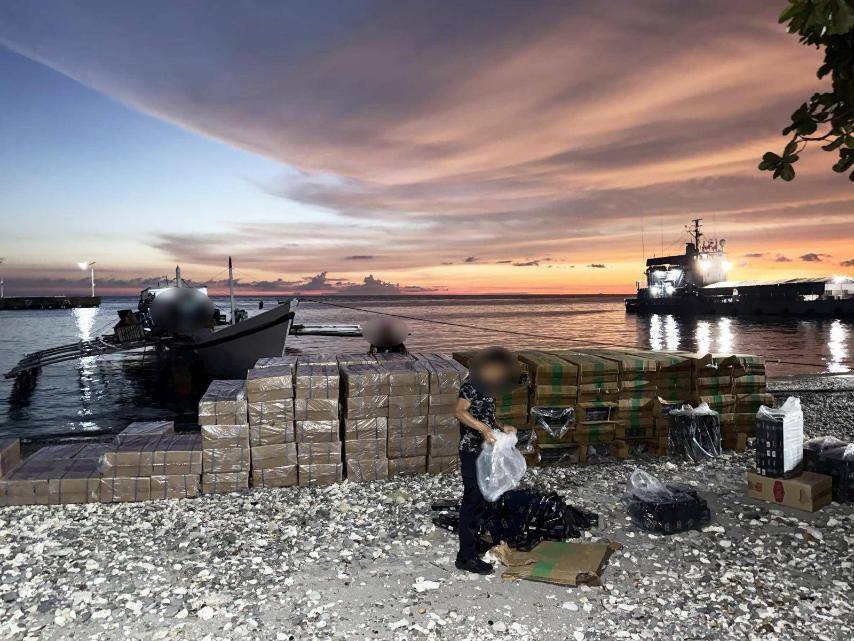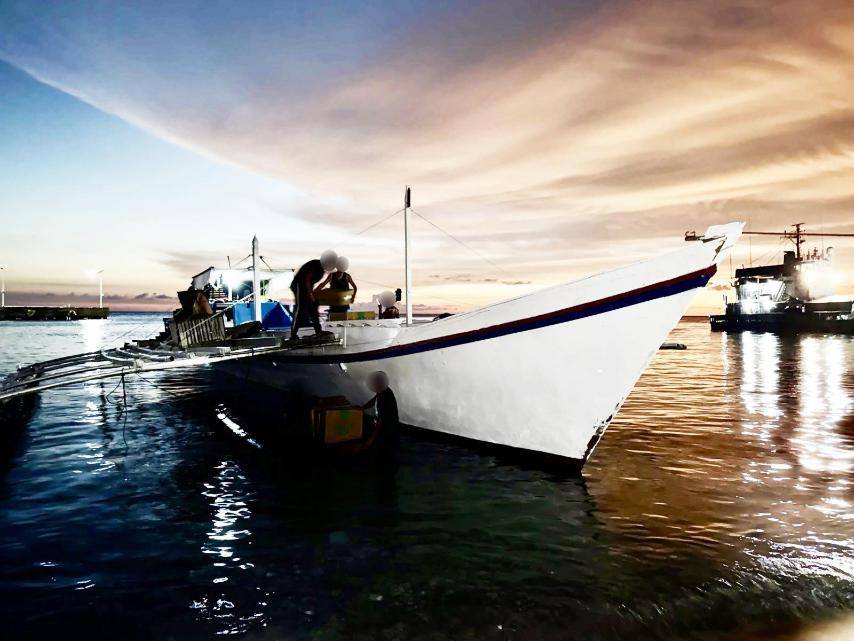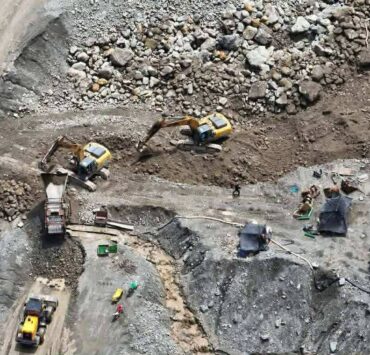Zambo, GenSan lead smuggled tobacco trade in PH

Some Mindanao cities have emerged as hot spots for illicit tobacco trade as weak governance and geographical location have opened doors for backdoor smuggling, a study by the Philippine-based Action for Economic Reforms (AER) found.
The study, which tracked “sari-sari” (mom and pop) stores in eight key cities across the country, found that the cities of General Santos in Southern Mindanao and Zamboanga in the Zamboanga Peninsula recorded the highest prevalence of illicit tobacco products.
Three forms of illicit trade—below-floor pricing, tax stamp violations, and the smuggling of unregistered brands—were found to dominate in the two Mindanao cities, accounting for the majority of detected violations nationwide.
“It is said that the tobacco smuggling supply chain is an ‘unbroken line’ in Mindanao,” the study said. “That means anyone, even small players, can invest in the lucrative illicit tobacco trade. Entry to the illicit tobacco trade has a low barrier.”
According to AER, the two cities have become critical entry points for illicit tobacco due to their coastal geography and proximity to porous maritime borders.
“These are port cities with weak customs monitoring and enforcement, inadequate logistics, and erratic border controls,” said AER, an independent policy group composed of progressive Filipino scholars and activists.
Trading practice
Zamboanga City accounted for 79.5 percent of the below-floor pricing, 96.3 percent for tax stamp violations, and 47.5 percent for smuggling of unregistered brands.
Meanwhile, General Santos City had 38.5 percent in the below-floor pricing, 85.4 percent for tax stamp violations, and 58.6 percent for smuggling of unregistered brands.
Other surveyed cities registered below 10 percent across the three forms.
The study also noted that efforts to curb smuggling in Southern Mindanao are complicated by long-standing local practices of trading in the Malay archipelago that date back to precolonial times.
Southern Philippines, particularly the provinces of Tawi-Tawi, Sulu and Basilan and the city of Zamboanga, have been trading with Malaysia for generations through the so-called southern backdoor. Legalizing the trade through the barter trade system did not stop the trafficking of goods, and even humans, in these areas.
Strong coordination
Zamboanga City Vice Mayor Maria Isabelle “Beng” Climaco, who was also a long time mayor of the city, emphasized the importance of strong coordination among government agencies in curbing the illicit tobacco trade.
“Through joint operations with the Bureau of Customs, the Marines, Army battalions, the Coast Guard, and the police, we have intercepted millions of pesos worth of smuggled cigarettes,” she said.
On Oct. 23, the Philippine Coast Guard in Zamboanga City intercepted P1.5 million worth of smuggled cigarettes in the waters off Barangay Maasin.
Two days earlier, the Western Mindanao Naval Command also intercepted over P17 million worth of undocumented cigarettes in the sea off Basilan province believed to be bound for nearby Zamboanga City.
Bureau of Internal Revenue (BIR) Commissioner Romeo Lumagui Jr. said proper enforcement is “absolutely essential,” sending a clear message to illicit traders that the government is watching.

Not caused by higher tax
“The objective implementation of the law should be upheld at all times, and it is strong enforcement that sends the message that no one is above the law, that there are no underground schemes that will go undetected for long, and that the Bureau will not hesitate to use all the resources at its disposal in the campaign against illicit trade,” Lumagui said.
The study audited a total of 1,000 sari-sari stores for their 14-day cigarette sales inventory and empty pack collection.
The six other surveyed cities include Navotas City, Pasay City, and Quezon City in Metro Manila; Batangas City and Dagupan City in Luzon; and Mega Cebu in the Visayas, which AER said had “low and manageable” illicit tobacco trades.
These findings directly challenge the tobacco industry’s long-held claim that high excise cause a decline in legal consumption, driving the illicit trade.
“The wide disparity in the illicit trade numbers between the centers in Luzon and Cebu, on the one hand, and the two cities in Southern Mindanao, on the other hand, strongly suggests that the tobacco excise taxes, applied uniformly and nationally, cannot be the main driver of illicit tobacco trade in the country,” the study said.
“Instead, local political will, maritime governance, and enforcement intensity determine where illicit products thrive,” it added.
The study comes eight months after Congress approved House Bill No. 11360, which lowers excise rates on vape and tobacco products. Critics have said the measure was “railroaded” after being passed just five days after it was filed.
The proposed rates are lower than the current law’s annual 5-percent increase.
Heated tobacco products, for example, are proposed to carry an initial P41 per pack rate, while cigarettes and vape products would carry P66.15 per pack.
Lost revenue
However, the AER noted that lowering taxes further would cost the government more in missed revenues.
Between 2022 and 2024, excise collections declined, causing the government to fall short of its targets.
The illicit tobacco trade alone is estimated to cost the government around P52 billion in lost revenue each year.
According to the BIR’s 2024 annual report, collections fell short by 5.5 percent, or roughly P7.3 billion, of the agency’s target.
Even as taxes and enforcement remain debated, adult smoking prevalence rose to 23.2 percent in 2023 from 18.5 percent in 2021.
“The results do not support the tobacco industry’s claim of a causal link between high tax rates and illicit tobacco trade,” AER said.
“Comparing the outcome between the Mindanao cities and the cities for the rest of the Philippines that the survey covered, the study shows clearly that better tax administration and enforcement in Luzon and Visayas would explain the contrasting results,” it added.
















